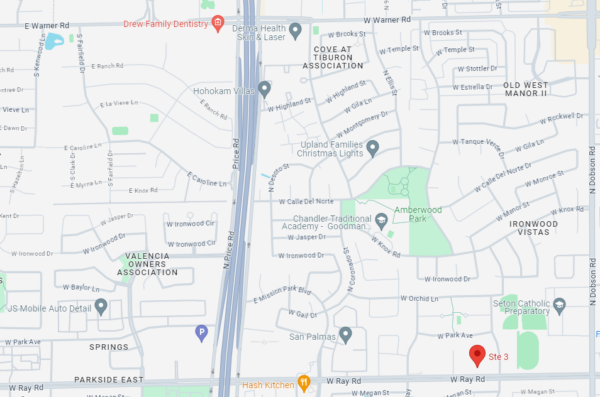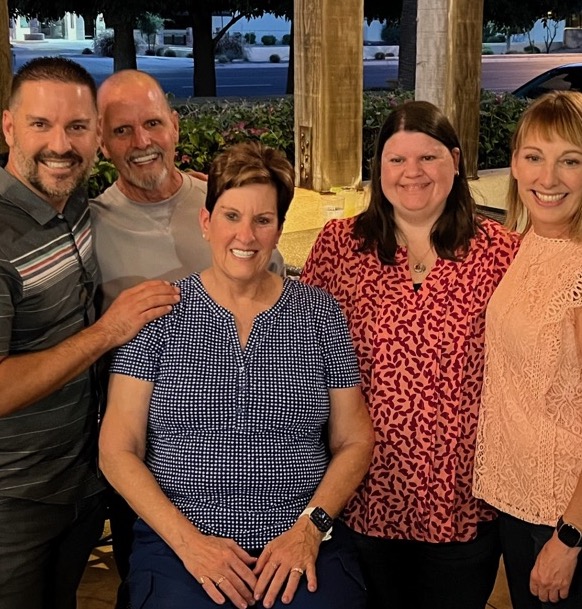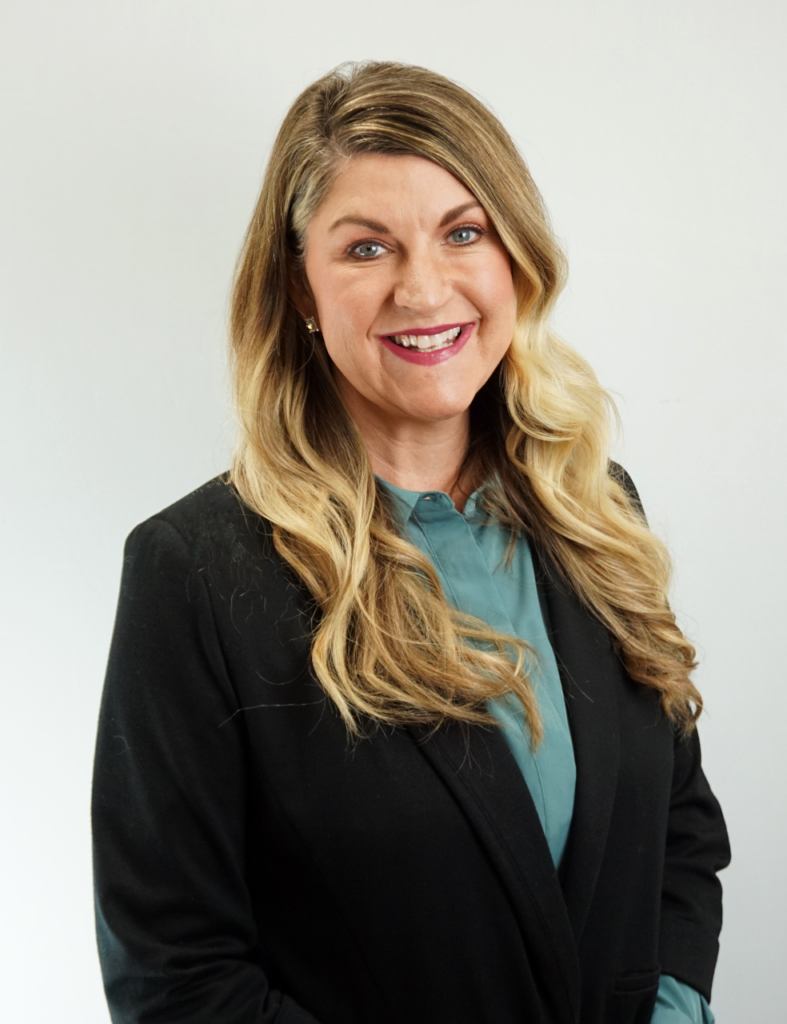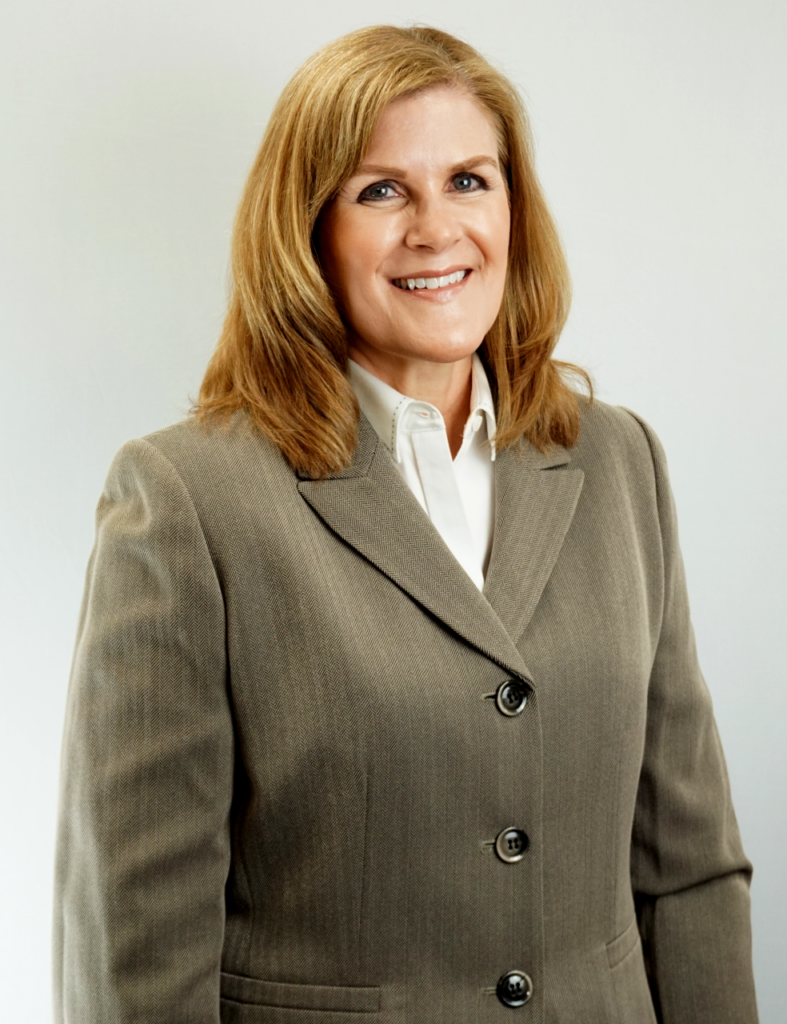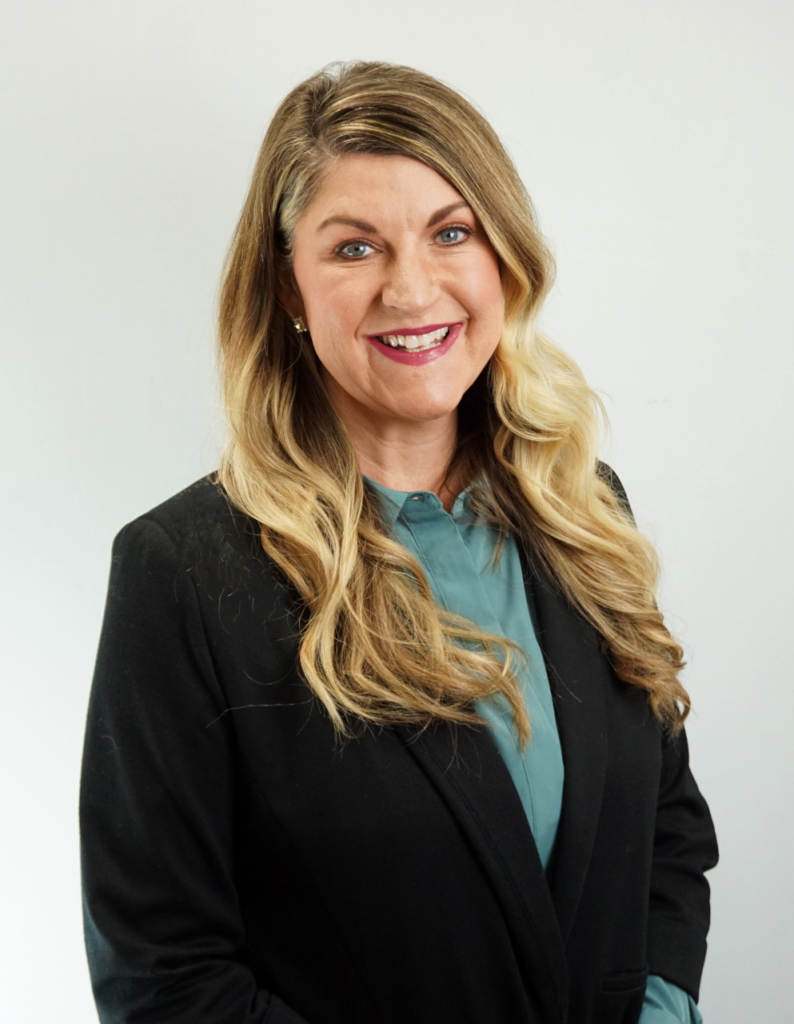There’s a question that has been around ever since mortgages existed.
It’s widely debated – a hot topic – and your answer to the question can profoundly affect your financial situation.
What’s the question? It’s simple:
“Should I pay off my mortgage early?”
You might have a gut reaction to that question. You might think that you already know the answer. You’re not alone. If you have a mortgage, you’ve probably thought about this question before.
You may reason that paying off your mortgage early is a good idea, because it means you’ll pay less in interest and have more money in the future to invest at a later date.
On the other hand, you may reason that paying off your mortgage is a bad idea, because it means you’ll miss out on the home mortgage interest tax deduction and you won’t be able to put as much money into investments right away as you would be able to otherwise.
These are the most common thoughts and concerns. But there are more.
What about future unknown tax advantages to having a mortgage? What about future unknown stock market fluctuations? What about future unknown tax rates on investments?
These are all important questions. The trouble is, the future is uncertain. Nobody can see past the present time. However, we can make some assumptions based on historical data.
Should you pay off your mortgage early? Let’s dig in.
The Two Couples
In the book The New Rules of Money, there’s a great example of two hypothetical couples. We’ve adapted that example into what you’re going to read below.
Couple “A” – the Jones couple – believes in “the old way” of paying off the mortgage as soon as possible. Couple “B” – the Smith couple – believes in “the new way” of carrying a big, long-term mortgage.
Which couple do you think will be more financially fit at the end of our example? Place your bets, and read on to find out.
The Jones Couple
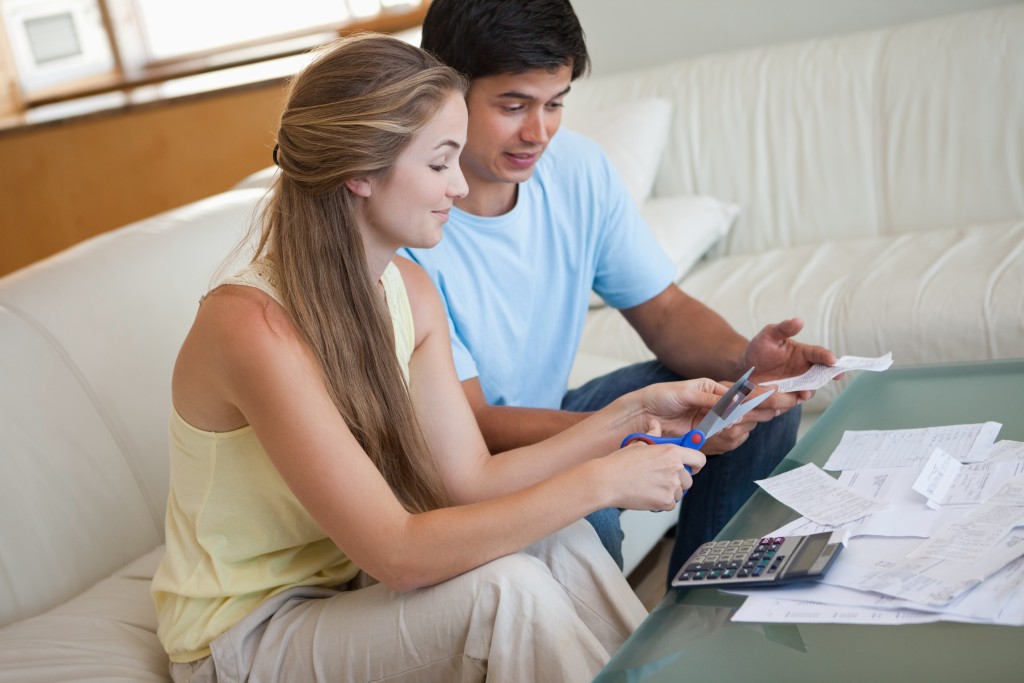
The Jones couple decides to get a 15-year mortgage with a 6.38% APR. They figure that the short-term mortgage will force them to pay off the mortgage faster – which is most certainly true.
They also decide to put down a huge down payment of $40,000 – which represents their entire savings account. They don’t have any money left to invest in the stock market, and no money left for emergencies, either.
The bank takes their information and calculates a monthly payment of $1,383. This is a little high for them, but they can manage. Because they’ll be getting the home mortgage interest tax deduction, 56% of their monthly payment will be tax deductible the first year, with a 33% average tax deduction over time. Their monthly net after-tax cost, therefore, is $1,227.
Because they want to eliminate their mortgage as soon as possible, they decide to send an extra $100 to their lender every month. They’re focused on their goal!
Now what will happen after five years? 15 years? 30 years? Let’s find out.
After five years they will have received $14,216 in tax savings. Not bad. But, they’ll have $0 in savings and investments. Hopefully they don’t have an emergency!
After 15 years, they’ll have received $25,080 in tax savings. They’ll also have $30,421 in savings and investments. Plus, they will have achieved their goal of owning their home outright.
After 30 years, they won’t have any more tax savings than they did 15 years prior, and will still be at $25,080. However, they’ll have $613,858 in savings and investments. Finally, they’ll still own the home outright.
Alright, the Jones couple didn’t do so bad. Will the Smith couple do any better?
The Smith Couple

The Smith couple, as you recall, believes in carrying a big, long-term mortgage. Some of their friends advised that it’s a bad idea to stay in debt that long. Let’s see if their friends are right.
The Smith couple gets a 30-year mortgage with an interest rate of 7.42% APR – certainly higher than the Jones couple’s interest rate. Additionally, they only decide to put down $10,000 toward the down payment.
However, this leaves the Smith couple with $30,000 left to invest. Will they invest this money?
The bank calculates the Smith couple’s monthly payment as $1,175. This is a little more affordable than the Jones couple’s payment. Oh, and by the way, 100% of their payment is tax deductible during the first 15 years, with an average of a 364%. Whoa. That means their monthly net after-tax cost is only $799.
The Smith couple decides that instead of sending $100 to the bank to pay off their mortgage early, they’ll invest the money into an account that earns an 8% rate of return. They also decided to throw their monthly payment savings of $428 into this investment account as well.
Now what will happen after five years? 15 years? 30 years?
After five years, the Smith couple will have received $22,557 in tax savings – much more than the Jones couple who only received $14,216.
And, unlike the Jones couple, the Smith couple will have $83,513 in savings and investments. The Jones couple has nothing as this point.
Okay, what about after 15 years? The Smith couple will have received $67,670 in tax savings and have $282,019 in savings and investments which is enough to pay off their mortgage and still have $92,019. Isn’t that amazing?
After 30 years, the Smith couple will have received $107,826 in tax savings, have over 1.1 million dollars in savings and investments, and will own their home outright.
What Happens if Both Couples Lose Their Income After Five Years?
If the Jones couple suddenly lost their income after five years, they would have no savings to get them through the crisis. They wouldn’t be able to get a loan because they don’t have an income, they’d have to sell their home or face foreclosure because they can’t make mortgage payments, and they must pay real estate commissions.
The Smith couple, on the other hand, would have $83,513 to tide them over, wouldn’t need a loan, and they could easily make their mortgage payments even if they are without an income for years. No panic.
Summary
The Smith couple came out ahead and had more options throughout the years, even though they had the long-term mortgage. This example goes to show you that it’s not always wise to pay off your mortgage early – as long as you make the appropriate investment choices.
We made a great PDF of the story you just read, and it’s our gift to you free of charge. Take a look, hand them out to friends, and help us educate others on how different mortgage options may work.
Adapted from the book, “The New Rules of Money







